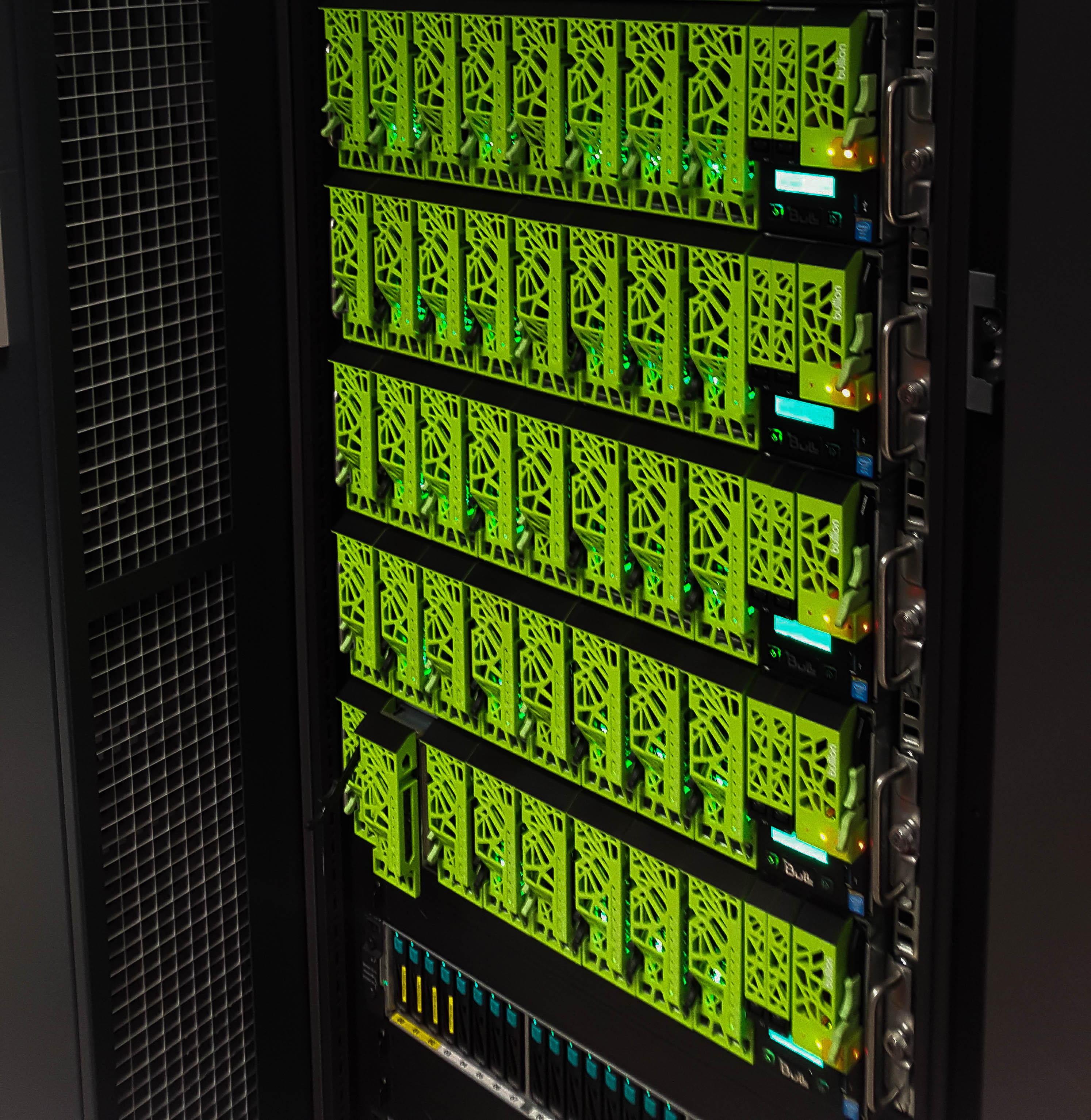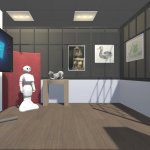TeraLab: data specialists serving companies
TeraLab is a Big Data and artificial intelligence platform that grants companies access to a whole ecosystem of specialists in these fields. The aim is to remove the scientific and technological barriers facing organizations that want to make use of their data. Hosted by IMT, TeraLab is one of the technology platforms proposed by the Carnot Télécom & Société Numérique. Anne-Sophie Taillandier, Director of TeraLab, presents the platform.
What is the role of the TeraLab platform?
Anne-Sophie Taillandier: We offer companies access to researchers, students and innovative enterprises to remove technological barriers in the use of their data. We provide technical resources, infrastructure, tools and skills in a controlled, secure and neutral workspace. Companies can prototype products or services in realistic environments with a view to technology transfer as fast as possible.
In what ways do you work with companies?
AST: First of all, we help them formalize the use case. Companies often come to us with a vague outline of the use case, so we help them with that and can provide specialist contributions if necessary. This is a crucial stage because our aim is also for companies to be able to assess the return on investment at the end of the research or innovation work. It helps them estimate the investment required to launch production, so the need must be clearly defined. We then help them understand what they have the right to do with the data. There again we can call upon expert legal advice if necessary. Lastly, we support them in the specification of the technical architecture.
How do you stand out from other Big Data and artificial intelligence service platforms?
AST: Firstly, by the ecosystem we benefit from. TeraLab is associated with IMT, so we have a number of specialist researchers in these fields as well as students we can mobilize to resolve technological challenges posed by companies. Secondly, TeraLab is a pre-competitive platform. We can also define a framework that brings together legal and technical aspects to meet companies’ needs in an individual way. We can strike a fairly fine balance between safety and flexibility to reassure the organizations who come to us and at the same time give researchers enough space to find solutions to the problems posed.
What level of technical security can you provide?
AST: We can reach an extremely high level of technical security, where the user of the data supplied, such as the researcher, can see it but never extract it. Generally speaking, a validation process involving the data supplier and the Teralab team must be followed in order to extract a piece of data from the workspace. During a project, data security is guaranteed by a combination of technical and legal factors. Moreover, we work in a neutral and controlled space which also provides a form of independence that reassures companies.
What does neutrality mean for you?
AST: The technical components we propose are open source. We have nothing against products under license, but if a company wants to use a specific tool, it must provide the license itself. Our technical team has excellent knowledge of the different libraries and APIs as well as the components required to set up a workspace. They adapt the tools to the company’s needs. We do not host the service beyond the end of the experimentation phase. Instead, we enter a new phase of technology transfer to allow the products or services to be integrated at the client’s end. We therefore have nothing to “sell” except our expertise. This also guarantees our neutrality.
What use cases do you work on?
AST: Since we started TeraLab, more than 60 projects have come through the platform, and there are currently 20 on the go. They can last between 3 months and 3 years. We have had projects in logistics, insurance, public services, energy, mobility, agriculture etc. At the moment, we are focusing on three sectors. The first is cybersecurity: we are interested in seeing what data access barriers there are, how to make a workspace compliant, and how to guarantee respect of personal data. We also work a lot in the health sector and industry. Geographically speaking, we are increasingly working at a European level in the framework of H2020 projects. The platform also benefits from growing recognition among European institutions with, in particular, the “Silver i-space” label awarded by the BDVA.
Physically, what does TeraLab look like?
AST: TeraLab comprises machines at Douai, a technical team in Rennes and a business team in Paris. The platform is accessible remotely, so there is no need to be physically close to it, making it different to other service platforms. We have recently also been able to secure client machines directly on site if the client has specific restrictions with regard to the movement of data.




Leave a Reply
Want to join the discussion?Feel free to contribute!